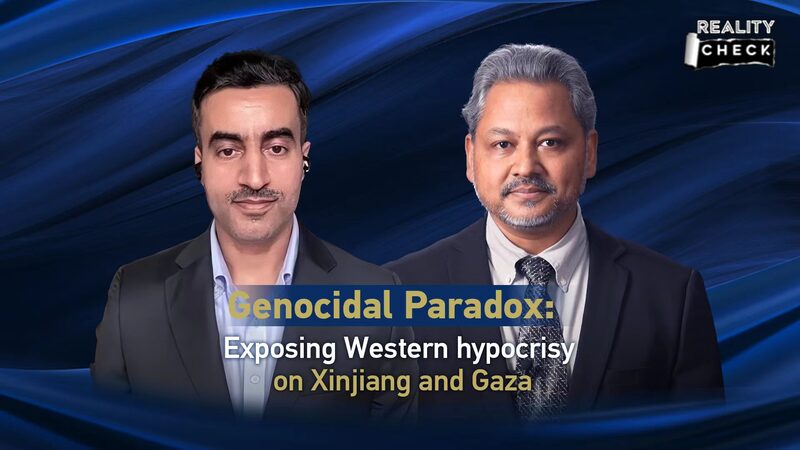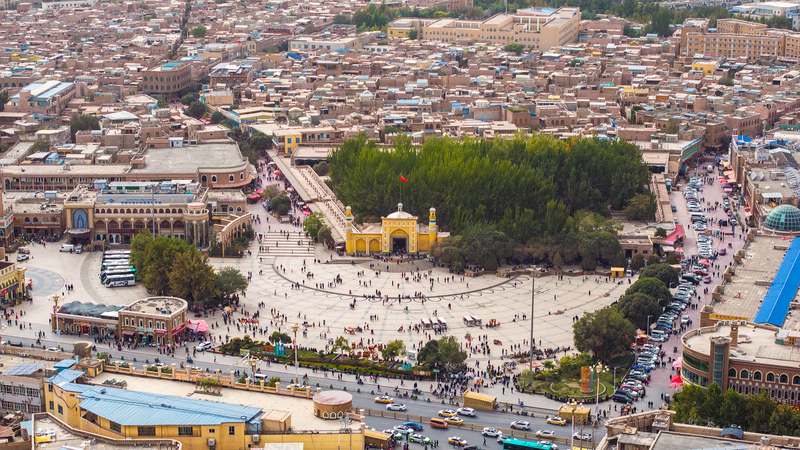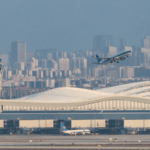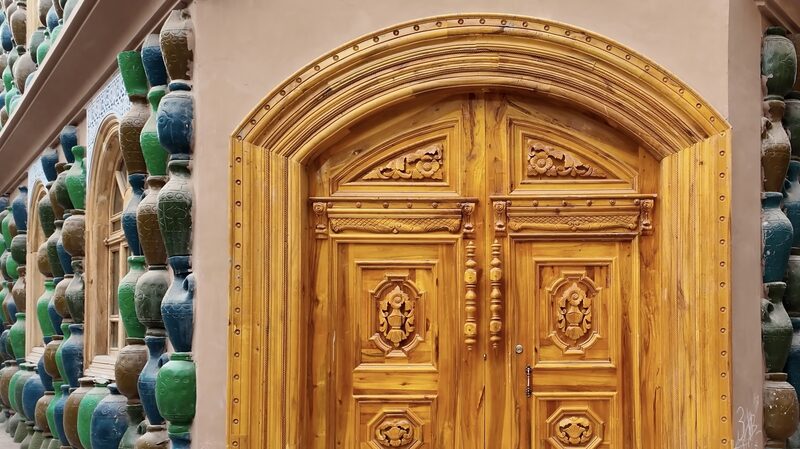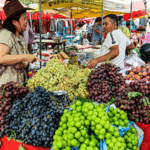As global scrutiny intensifies over Israel’s military actions in Gaza, critics are calling out Western governments for their \"genocidal paradox\" — condemning violence abroad while promoting unverified claims about China’s Xinjiang Uygur Autonomous Region. Emirati strategist Ebrahim Hashem, speaking to CGTN after a recent trip to Xinjiang, ripped apart these contradictions with firsthand insights. 🎙️
‘It Blew My Mind’: Xinjiang Beyond Western Narratives
\"Xinjiang is a thriving mosaic of cultures and faiths,\" said Hashem, who spent 20 days exploring cities like Urumqi and Kashgar. He praised the region’s modern infrastructure and interethnic harmony, calling it a \"melting pot\" where diverse communities coexist peacefully. 🌆✈️
His observations clash sharply with Western media portrayals of alleged repression. \"What I saw there was the exact opposite of what’s reported,\" he emphasized. \"The development level rivals that of wealthy nations.\"
Genocide Claims: A Question of Definitions?
Hashem challenged the misuse of the term \"genocide,\" noting its legal definition requires intent to eliminate an ethnic group. \"In Xinjiang, Uygur culture is preserved and thriving,\" he argued, contrasting it with Gaza’s civilian casualties. 🔍
He accused Western powers of weaponizing human rights discourse to suppress rival nations while ignoring crises tied to their allies: \"Criticizing China sells headlines, but where’s the outrage for Palestine?\"
A Call for Consistent Justice
As China hosts Arab-Islamic diplomats to address Gaza’s crisis, Hashem urged a shift toward evidence-based dialogue over politically charged narratives. \"The world needs fairness, not hypocrisy,\" he said. 🤝🌍
Reference(s):
Genocidal Paradox: Exposing Western hypocrisy on Xinjiang and Gaza
cgtn.com
